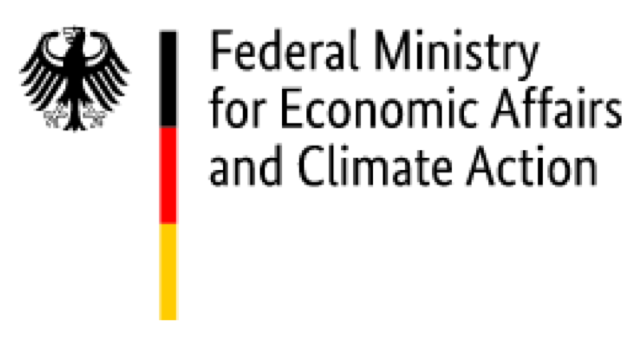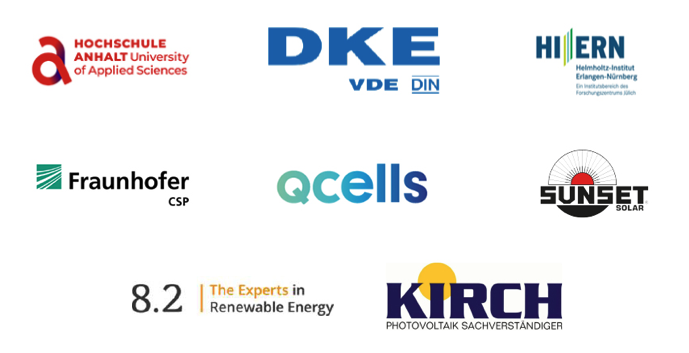PVRiss
Evaluation of cell cracks in crystalline silicon photovoltaic modules using imaging methods
Project Duration
09/2022 – 08/2024
Scientific Project Lead
Prof. Dr. Ralph Gottschalg
Project Management
Sebastian Dittmann
Funding
BMBF | 03TN0033C
Project Motivation
The number of photovoltaic systems installed has risen sharply worldwide in the last 10 to 15 years. However, as the operating time under harsh environmental conditions increases, various abnormalities and faults in the components are increasingly evident, which can affect the performance of the systems as well as the electrical safety and service life.
Micro cracks in crystalline silicon PV modules are among such anomalies and can impair module performance. The number of modules with known cell cracks has exploded after the introduction of electroluminescence measurements in solar parks and as a result of large-scale measurement campaigns without the significance of the findings being systematically processed. Despite various error catalogs and classifications, there are still no generally recognized, binding assessment standards or a forecast that describes the impact on the energy yield of a system.

Therefore, finding a “micro crack” regularly leads to uncertainty and protracted legal disputes. This is currently damaging primarily small and medium-sized companies, which have invested far more than 50 billion euros in photovoltaic systems in Germany alone. At the same time, the PV system market will grow both in Germany and worldwide.
It is, therefore in the interest of module manufacturers, project developers, investors, operators, and insurance companies to define a standardized procedure and uniform standards for evaluating cell cracks in order to create the required legal certainty and prevent costly disputes.
The PVRiss funding project is dedicated to these tasks in order to close the normative gap.
Project Aims
The project work focuses on creating an internationally accepted classification and evaluation of cell cracks (IEC Technical Specification (TS)). For this purpose, a standardized assessment basis, including statistical analysis of module selection procedures, is being developed, which is specially prepared for German experts and is also to be initiated as an international standard document (IEC TS).
Finally, the results are transferred to a standard proposal (IEC New Work Item Proposal). Guarantee cases and potential safety risks can thus be better assessed, and legal certainty can be guaranteed for all parties.

Our Partners
The partners with whom we collaborate on this project

